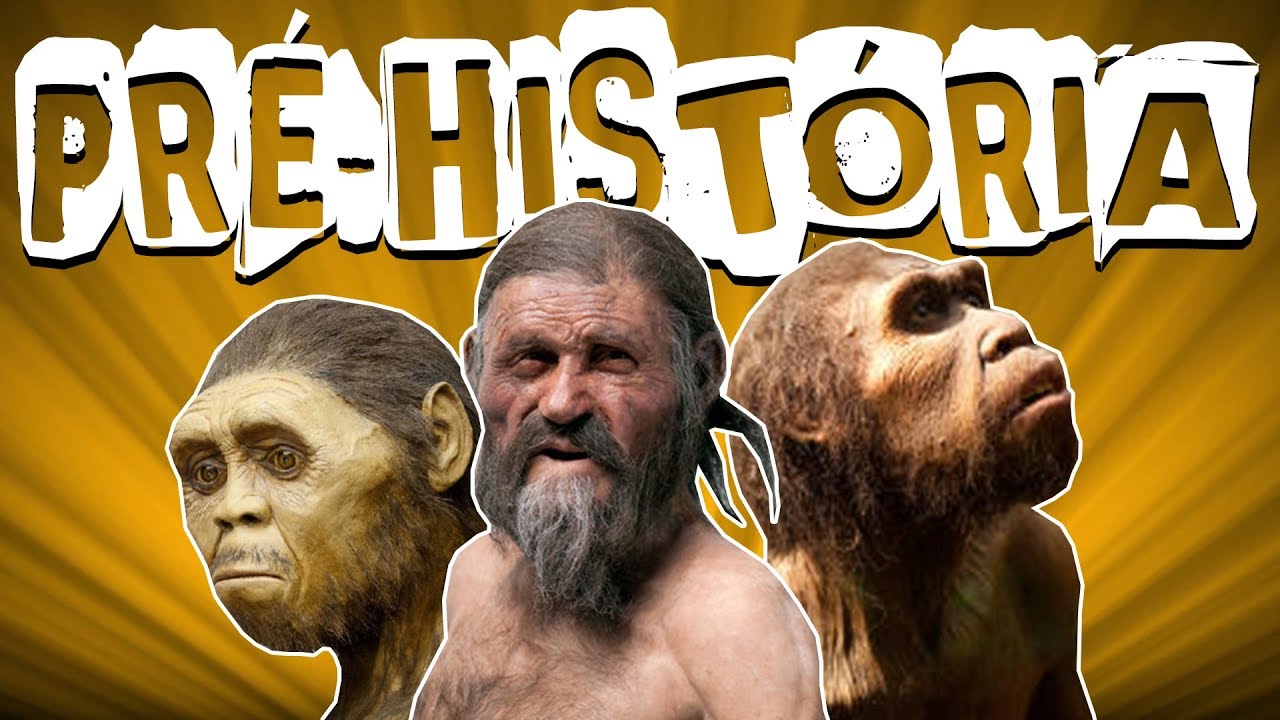When Time Became History - The Human Era
Summary
TLDRThis script explores the profound transition from hunter-gatherers to farmers, which began around 20,000 years ago. It discusses how early humans started cultivating crops and domesticating animals, leading to settled communities and the Agricultural Revolution. Despite challenges like disease and a less diverse diet, humanity thrived and multiplied. The script ponders why this change occurred and suggests it was a deliberate, global choice, possibly driven by our innate ability to share knowledge and innovate. It ends by drawing a parallel to today's potential 'Planetary Revolution,' inviting reflection on our past to shape a grateful future.
Takeaways
- 🌌 **Planetary Revolution**: Humanity is transitioning into a multiplanetary species, leading to a significant increase in population, technological advancement, and a shift in self-perception.
- 🔍 **Archaeological Challenge**: Future archaeologists will have to piece together our era from remnants, much like how we study the past with limited information.
- 📺 **Evolution of Media**: Our understanding of history evolves from 4K media to black and white, photographs, paintings, texts, and finally to sparse, unreliable reports.
- 🌾 **Agricultural Revolution**: The shift from hunter-gatherers to farmers began around 12,000 years ago with the domestication of key crops, leading to a settled lifestyle.
- 🌱 **Early Agriculture**: The cultivation of wild wheat in the Jordan Valley over 20,000 years ago marked the start of a slow transition to agriculture.
- 🍞 **First Bread and Beer**: Early agricultural surplus allowed for the creation of the first bread and beer, indicating a shift in human diet and culture.
- 🌐 **Global Transition**: The agricultural revolution was a gradual process driven by small groups over many generations, spreading globally.
- 🏠 **Settlement and Society**: As agriculture developed, people began to live in villages, towns, and cities, leading to a more structured society.
- 🌡️ **Health and Disease**: The close quarters of early settlements led to the rise of infectious diseases, impacting mortality rates, especially among children.
- 🔄 **Why Agriculture?**: The reasons for the shift to agriculture are still debated, with climate change, undernourishment, overpopulation, and social factors all being considered.
- 🌟 **Human Connection**: The ability to gather, share knowledge, and celebrate may have been key in spreading agricultural knowledge and shaping human history.
Q & A
What significant change did the archeologist discover from the buried items?
-The archeologist discovered evidence of a transition from a nomadic lifestyle to a settled, agricultural one, which marked the beginning of the Planetary Revolution where humanity became a multiplanetary species.
How does the script describe the advancements in human history?
-The script describes the advancements in human history as a slow transition that eventually turned into a revolution, leading to an explosion in population, improvements in technology and standard of living, and a change in self-conception.
What is the 'Planetary Revolution' mentioned in the script?
-The 'Planetary Revolution' refers to a period in human history when humanity transitioned to becoming a multiplanetary species, with significant advancements in technology and living standards.
How far back in time does the script suggest we can look at our past?
-The script suggests we can look back at our past approximately 12,000 years, with the earliest evidence of human behavior coming from the Jordan Valley where ancestors collected wild wheat.
What was the lifestyle of humans 20,000 years ago?
-20,000 years ago, humans lived a hunter-gatherer lifestyle, utilizing general intelligence, social intelligence, and language to survive and thrive in communities.
What was the significance of the discovery of wild wheat in the Jordan Valley?
-The discovery of wild wheat in the Jordan Valley was significant because it led to the understanding that planting seeds could produce more plants, which was the beginning of agriculture and a shift from a nomadic to a settled lifestyle.
How did the agricultural revolution change the way humans lived?
-The agricultural revolution drastically reduced the space needed to feed individuals, allowing humans to settle in one place longer, which eventually led to the formation of villages, towns, and cities.
What were the challenges faced by early humans transitioning to agriculture?
-Early humans transitioning to agriculture faced challenges such as a decline in dietary variety, potential undernourishment, increased risk of disease due to close living quarters with animals, and higher mortality rates, especially among children.
Why did the number of humans on earth increase despite the challenges of the agricultural revolution?
-Despite the challenges, the number of humans increased because settled living allowed women to bear more children, and for farmers, more children meant more labor to work the fields.
What is the script's hypothesis for why humans chose agriculture over hunting and gathering?
-The script suggests that the choice to adopt agriculture over hunting and gathering was a deliberate one made by communities worldwide, possibly driven by the human ability to come together, develop shared identities, and exchange stories and knowledge.
What message does the script convey about the importance of coming together and sharing knowledge?
-The script conveys that coming together to share knowledge and celebrate has been a catalyst for change throughout human history, and it suggests that doing so again could lead to another peaceful transition, like the planetary revolution.
Outlines

このセクションは有料ユーザー限定です。 アクセスするには、アップグレードをお願いします。
今すぐアップグレードMindmap

このセクションは有料ユーザー限定です。 アクセスするには、アップグレードをお願いします。
今すぐアップグレードKeywords

このセクションは有料ユーザー限定です。 アクセスするには、アップグレードをお願いします。
今すぐアップグレードHighlights

このセクションは有料ユーザー限定です。 アクセスするには、アップグレードをお願いします。
今すぐアップグレードTranscripts

このセクションは有料ユーザー限定です。 アクセスするには、アップグレードをお願いします。
今すぐアップグレード関連動画をさらに表示

A Complete Timeline of The Neolithic Period: The New Stone Age | Early Humans Documentary

The caste system transformed Indian genetics – David Reich

La HISTORIA del PAN: Desde hace 14.400 años hasta hoy

Why Farming was a Terrible Deal for Humans - Prof. Jiang Xueqin

HISTÓRIA GERAL - A PRÉ-HISTÓRIA DO PALEOLÍTICO A IDADE DOS METAIS.

Tonggak Penting Menuju Lesatan Jauh Spesies Manusia | Revolusi Pertanian/Neolitikum
5.0 / 5 (0 votes)
